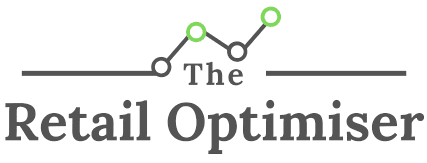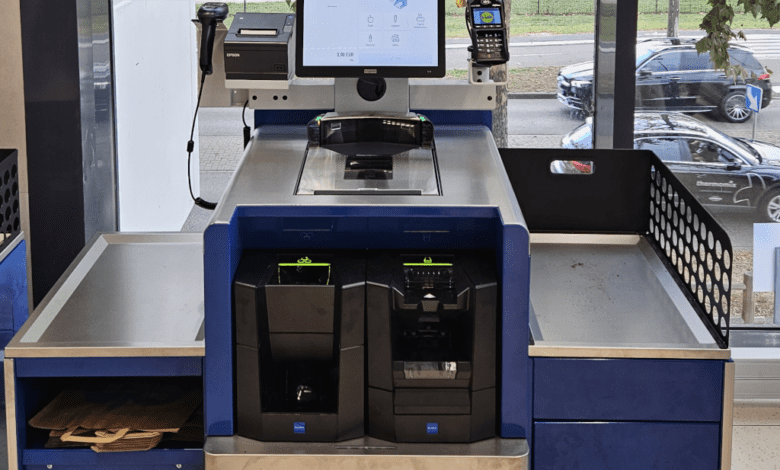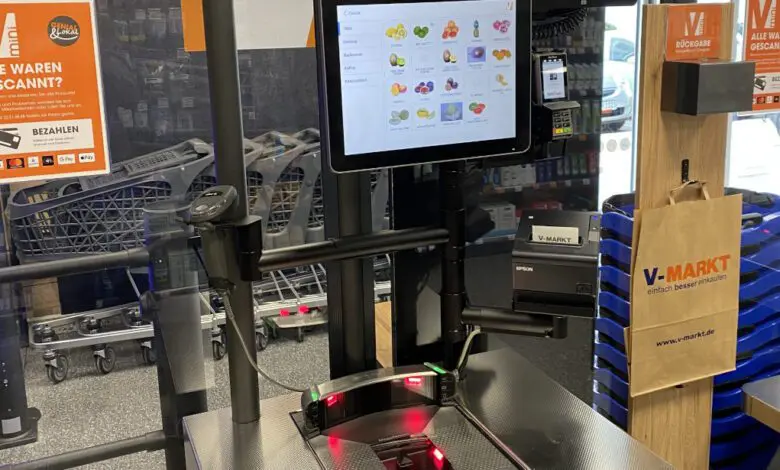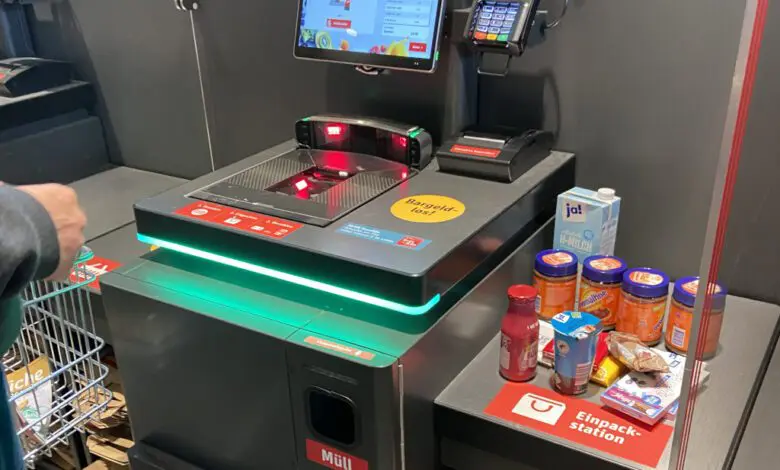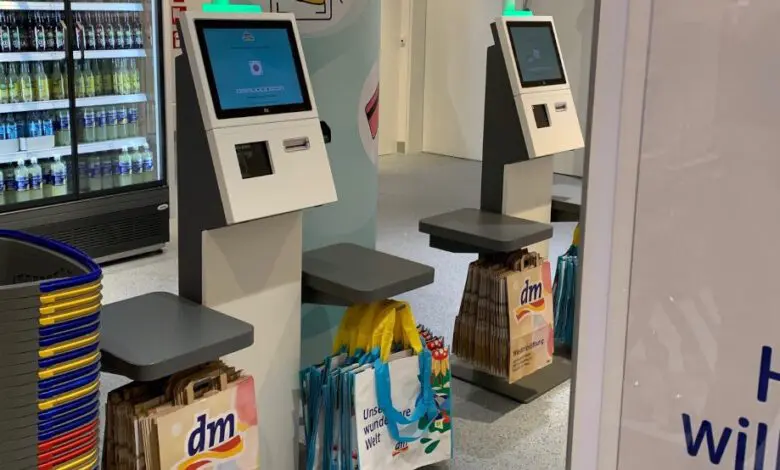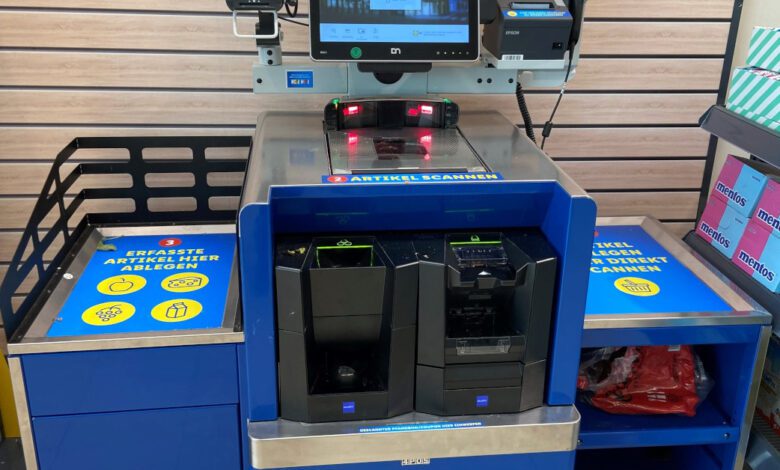Lidl trials self-checkout terminals from Swiss hardware specialist 4POS in a store in Lingolsheim, France. Half of the six self-service terminals are equipped with cash modules from Glory and offer shoppers the opportunity to pay in cash. Lidl relies on software from GK for the self-checkouts, just as for the attended checkouts. The hardware components for the self-service terminals are…
Read more >>Epson
Retail company Georg Jos. Kaes has opened its first V-mini store without staffed checkouts in Kaufbeuren. For this purpose, DRS AG has further developed its POS software solution to be used on self-checkouts, which can also be used as attended checkouts if required. The hardware concept of the checkout comes from Wanzl.
Read more >>Following many years of cooperation, Dutch instore technology provider Pan Oston has taken over all shares of Swiss POS hardware specialist 4POS AG as of 1 December 2022. Both companies will nevertheless continue to serve the European market under their own brands and with their respective employees.
Read more >>dm Drogeriemarkt is currently testing self-checkouts from Pan Oston in four selected stores in Germany. At the self-checkouts, customers can only pay with credit or giro cards. The Karlsruhe-based company confirmed to Retail Optimser that around 100 more dm stores in Germany will also be equipped with self-checkouts this summer.
Read more >>Lidl is now also introducing self-checkouts in Germany. With Swiss hardware specialist 4POS and its software supplier GK, Lidl is embarking on a platform strategy using the same standard components as at its attended checkouts. Cash payment is possible at all devices: thanks to cash recyclers from Glory.
Read more >>